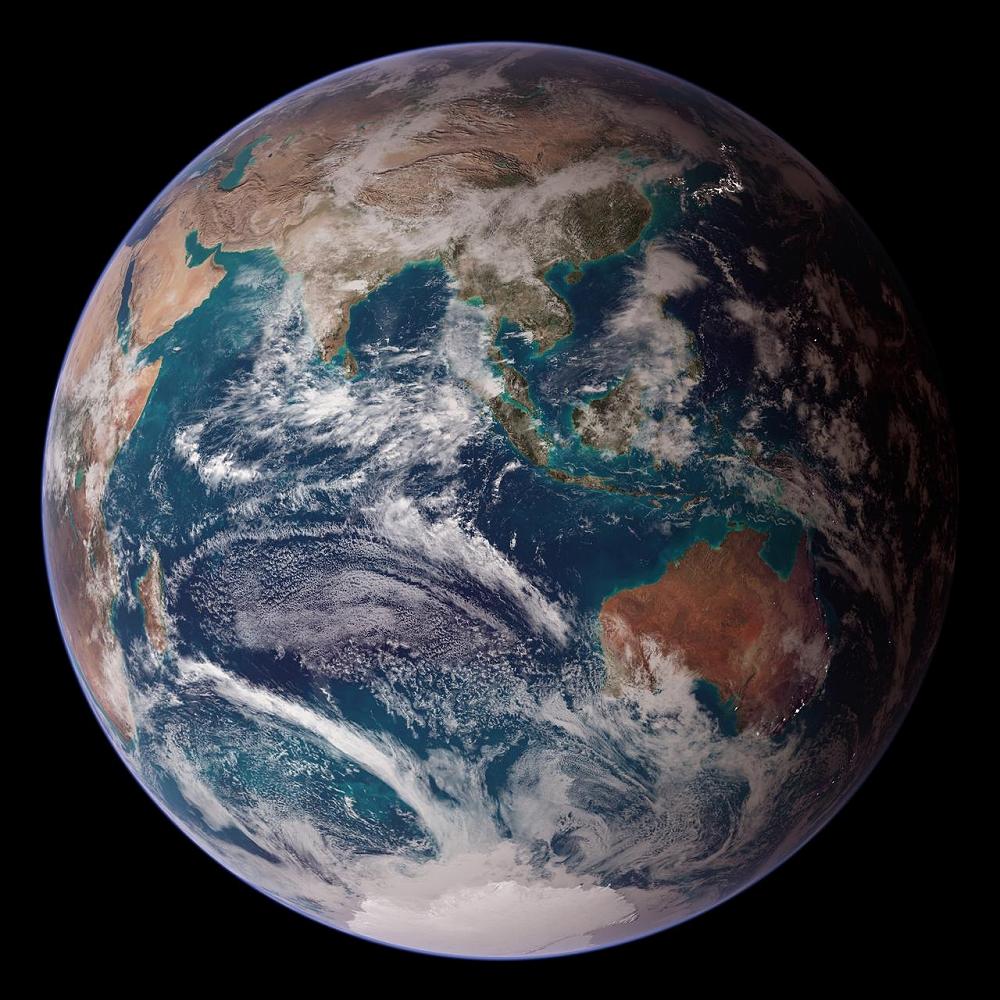
Crisis Burdens the Young
The Government recently announced the phasing out of single-use plastic bags, citing a desire to look after the environment and to safeguard New Zealand’s clean, green reputation. Given how bleak the news cycle can be, it is heartening to hear good news stories like this one. I have been wondering whether this story is a sign of further change to come. It is a largely symbolic policy but it could prompt further consideration of some of the bigger challenges that climate change presents.
Recycling has become a normal part of life for many New Zealanders. But since China stopped taking certain recyclables earlier this year, much of the plastic that Kiwis think they are recycling is instead going into landfill. Piece by piece, we don’t notice our heavy reliance on plastic and packaging. But the images of waste lined up, ready for landfill, are grotesque and unforgettable. On that scale, climate change and the enormous challenges it presents can be overwhelming. Focusing on small wins such as ending the use of single plastic bags is necessary — but we have to be careful that it doesn’t distract us from the big picture.
The big issues can’t be simply solved by individual actions. To really address the systemic causes of the climate change crisis, we have to be prepared to challenge ourselves, each other and the Government on the big questions. It is only through collective action that there’s any chance of making a meaningful difference.
We know that here in New Zealand some of the big issues are our heavy economic reliance on the agricultural sector and our continued use of fossil fuels. On the energy front, New Zealand is fortunate to have a great spread of renewable energy options but it is important for us to move towards 100 per cent renewable energy even if this isn’t as cost effective to start with. For those who are in a financially stable position, investing — perhaps collectively — in electric cars is a way to ensure that that those with privilege bear the cost of the technological changes. As well as moving towards clean electricity, we need to consider land use. New Zealand has a long, proud history of agriculture, but agriculture also accounts for a large portion of our greenhouse gas emissions.
Transitioning dairy, sheep and beef farms to other forms of land use will require significant public support. We will need a collective commitment to change: without it, the Government will not act to make the changes that are required for the future.
Each of our communities — our families, our neighbourhoods, Churches and schools — can commit to make the changes that are within their sphere of influence. Getting rid of plastic bags, using public transport, eating less meat and more seasonal produce — these are all part of the lifestyle shift. And to make change beyond our own households, we need to engage with our local and national politicians and community leaders to support and encourage action.
Young people did not ask to be burdened with the climate change crisis but it is my generation (and the ones to follow) who will have to deal with the worsening consequences. Communities of faith have a powerful role to play as champions of change and I hope that the collective voice of these communities can be harnessed to demand urgent, systemic action.
Tui Motu Magazine. Issue 230 September 2018: 27.
